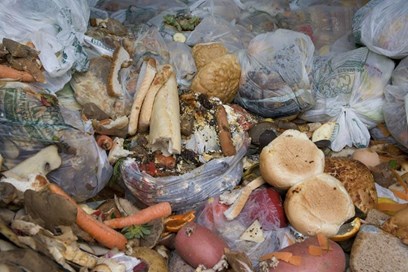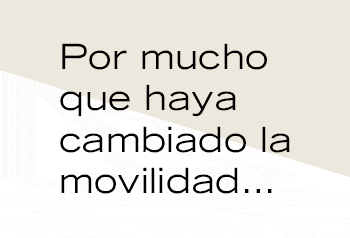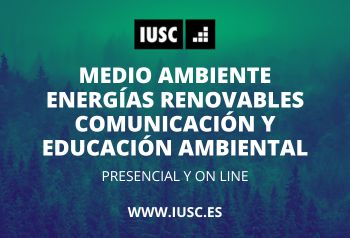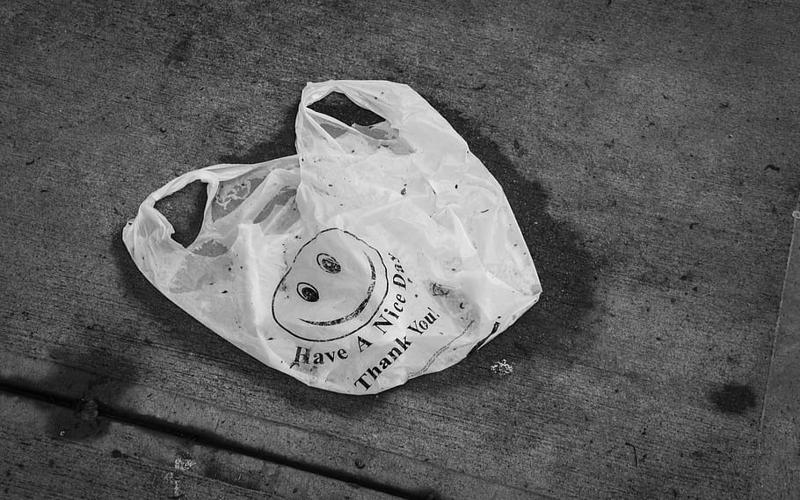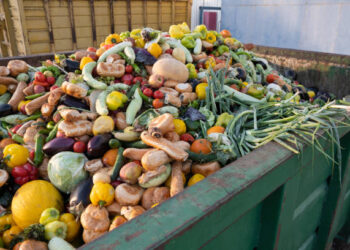“The ultimate objective of the founding members of the International Food Waste Coalition (IFWC) is to inspire other companies and organisations to adopt comprehensive food waste reduction programmes,” said the IFWC.
Food and drink service specialists Ardo, McCain, PepsiCo, SCA, Sodexo, Unilever Food Solutions and WWF have joined forces to create the International Food Waste Coalition: a collaborative farm-to-fork approach against food waste throughout the food services value chain.
“The ultimate objective of the founding members of the International Food Waste Coalition (IFWC) is to inspire other companies and organisations to adopt comprehensive food waste reduction programmes,” said the IFWC.
“Today, we live in a world where more than 30% of all the food that we produce is left uneaten, while more than 800 million people suffer from hunger and malnutrition. The world’s population is forecast to grow from seven to 9.6 billion during the next 35 years, placing our natural resources under increasing pressure. It is therefore simply unacceptable to waste food that could be consumed. Because of its scale, the food service industry can play a big role in helping reduce food waste,” said Damien Verdier, IFWC president.
According to the IFWC, studies show that food waste occurs at every phase of the industry value chain, from production to consumption (harvest, storage, transportation, preparation, service, consumption, etc).
The Coalition said its collaborative approach engages with each actor calling on them to take their responsibility in the fight against food waste and to adopt a global strategy; collectively the IFWC members have the largest geographical food services footprint in the world and have the potential to act at each step of the value chain.
“Many organisations and initiatives already exist to fight against food waste,” added Verdier. “Where the IFWC aims to make a difference is to represent a total-value chain approach with focus on concrete actions to maximize the collective impact. The objective is to bring together the best of the existing approaches, to add some new elements, and to join them together across the length of the value chain.”
The coalition said it is currently piloting a project in schools from different countries of the European Union.
“We are working to identify where food waste is happening in the different steps of the chain, to find efficient solutions, and at the end of the chain, to create awareness among students and teachers,” explained Verdier.
The Coalition said its final objective of the coalition is to consider legislation that assists or impedes the fight against food waste. “For example, there is currently no uniform law in the European Union which allows transfer of liability between the donors and the recipients of food donations,” continued the IFWC president.
“We have a big ambition for the coalition. We truly believe that the collective organisation that we are creating will provide efficient solutions to the food waste challenge. A challenge which must not be underestimated, both in terms of the impact on the climate and its natural resources, and the big question of ‘how will we feed the world in 2050?’” said Verdier.
“Effective collaboration amongst all stakeholders is essential for delivering a sustainable reduction in food waste across the total supply chain. Thanks to this important coalition, key companies are coming together to harness collective knowledge, utilise existing best practices and create engaging communication materials that will drive real action in reducing waste from ‘farm to fork’,” added Martyn Seal, PepsiCo Europe senior director environmental sustainability.


